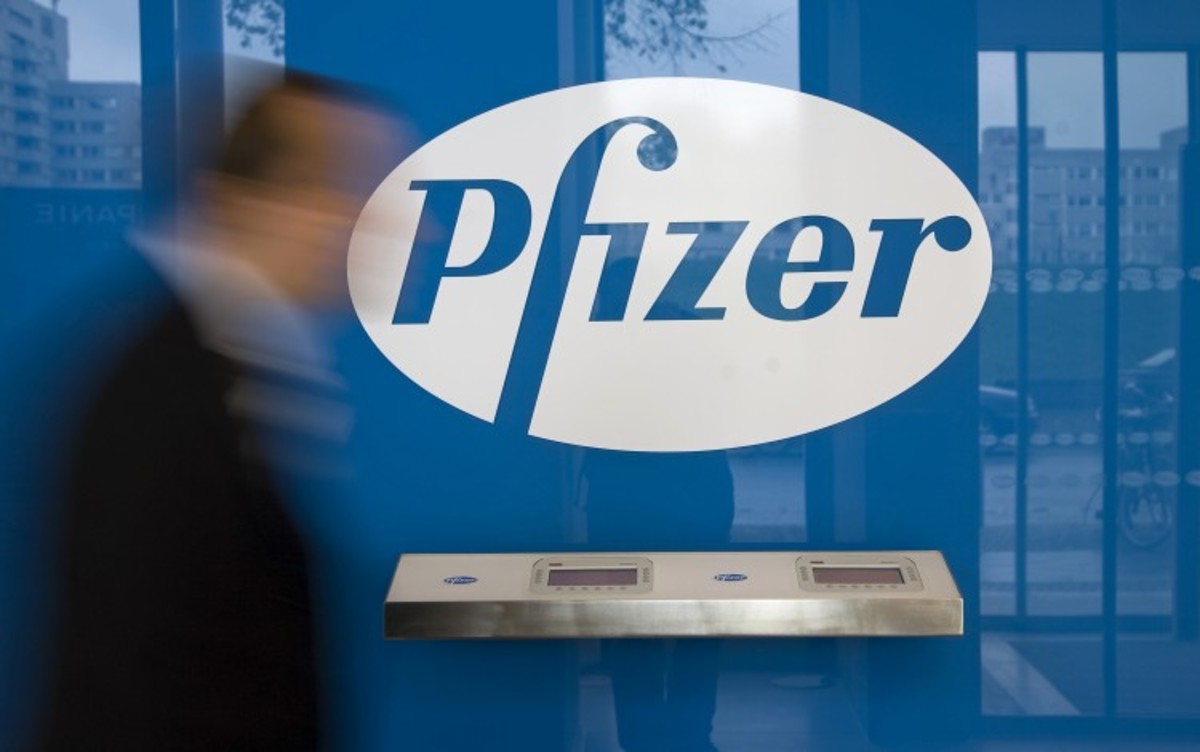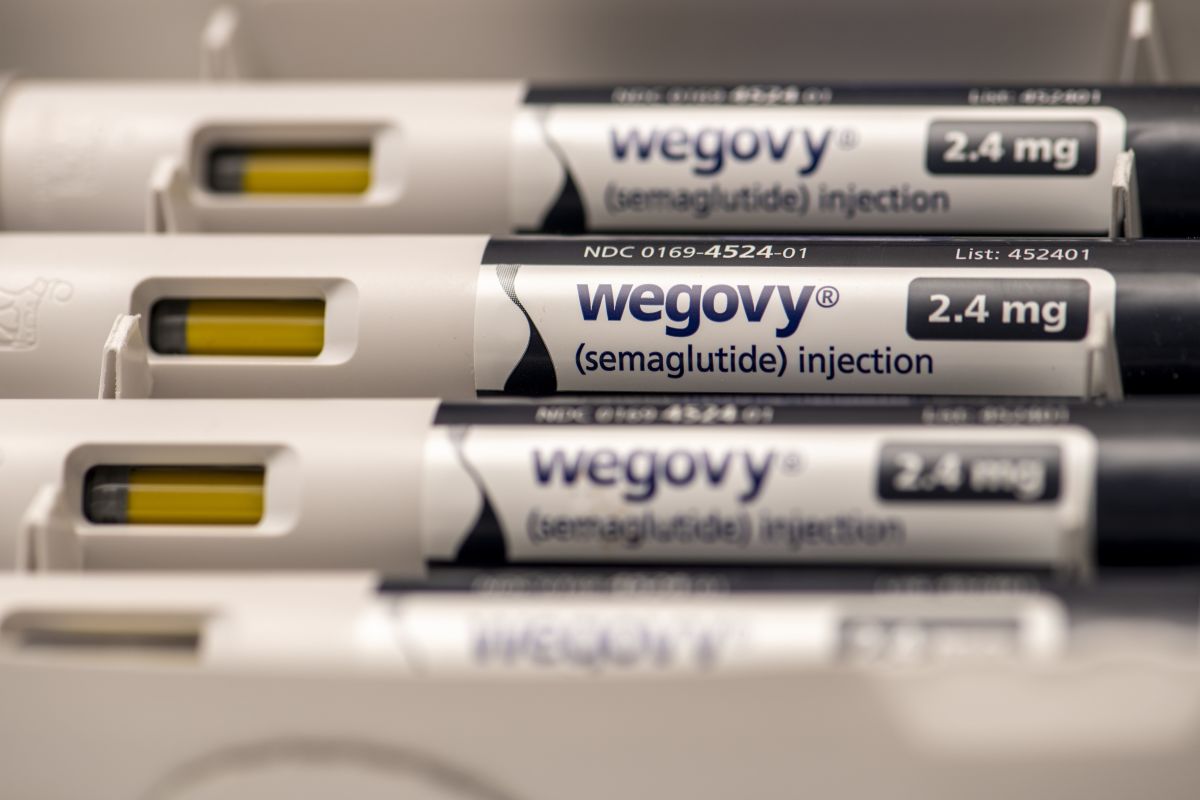
Pfizer shares moved higher in early Thursday trading, putting the stock within touching distance of its highest level of the year, after the drugmaker pushed forward with a weight loss pill that could challenge market leaders Eli Lilly and Novo Nordisk.
Pfizer (PFE) has fallen behind its rivals in the rush to bring weight loss drugs to the market after pulling its earlier version, lotiglipron, last year amid concerns about links to higher liver toxicity risks.
Eli Lilly (LLY) , meanwhile, has focused on expanding its injectable weight-loss drugs, Mounjaro and Zepbound, while also advancing studies for a pill-based drug that it hopes to have data on sometime next year.
That puts Pfizer's Thursday update in sharp focus, with the drugmaker saying its once-daily version of the modified form of its danuglipron treatment had a similar safety profile to the twice-daily option. And "no liver enzyme elevations" were "observed in more than 1,400 study participants."
A midstage study will follow later in the year, Pfizer said, and if the drug is ultimately approved, it could capture around a third of the overall market for weight loss drug sales.

“Obesity is a key therapeutic area for Pfizer, and the company has a robust pipeline of three clinical and several preclinical candidates," said Pfizer's chief scientific officer, Mikael Dolsten.
"The most advanced of them, danuglipron, has demonstrated good efficacy in a twice-daily formulation, and we believe a once-daily formulation has the potential to have a competitive profile in the oral GLP-1 space."
Weight loss drugs, also known as GLP-1 receptor agonists, have taken the pharmaceutical industry by storm. Overall sales are expected to approach $50 billion this year before doubling to $100 billion in 2029, according to forecasts from analytics group GlobalData.
The high cost per treatment, however, has raised the ire of politicians on both sides of the Atlantic, with President Joe Biden warning earlier this month that "without substantial reduction, they have the potential to bankrupt the American healthcare system."
Related: Analyst revamps Eli Lilly stock price target ahead of Q2 earnings
Their efficacy is also compelling: Patients have lost as much as 20% of their body weight from GLP-1 treatments, which suppress appetite and trigger a sense of fullness, according to data from recent clinical trials.
Pfizer's drive to develop a sustainable challenge to both Eli Lilly and Novo Nordisk will be crucial for the company as it loses the billions in generated in Covid vaccine sales during the global pandemic.
Earlier this spring, Pfizer unveiled plans to add another $1.5 billion to a three-year, $4 billion cost-cutting program aimed at headcount reduction as well as operational efficiencies, network-structure changes, and product-portfolio enhancements.
More Wall Street Analysts:
- Analyst revisits Nvidia stock price target after Blackwell checks
- Analysts prescribe new Walgreens stock price targets after earnings
- Analyst revises Facebook parent stock price target in AI arms race
The drugmaker boosted its annual earnings forecast in May, thanks in part to a boost in sales from its Padcev bladder cancer treatment, which it gained from its $43 billion takeover of Seagen last December. And it still sees around $8 billion in revenue from its Covid treatment portfolio.
"We are strong and to keep investing in the whole area because we have the infrastructure. And obesity is a very big part of it, given the magnitude of the market," CEO Albert Bourla told investors on May 1.
"And we will, let's say, continue being very active in the obesity space and one we're in now," he added.
Pfizer shares were marked 0.9% higher in early Thursday trading to change hands at $28.64 each, a move that would nudge the stock into positive territory for the year.
Related: Veteran fund manager sees world of pain coming for stocks







